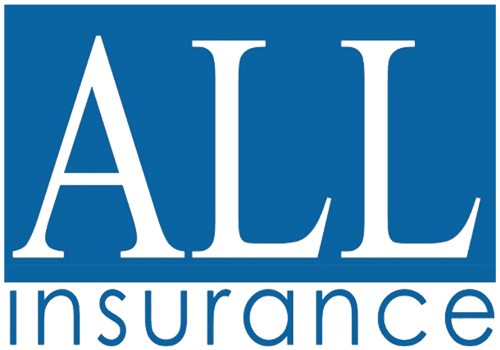
Insurance Clichés
1: Lower price = lower coverage.
Well not so fast. At times that can be true, however what really happens is that a great agency will shop your insurance to different carriers. No two carriers are the same when it comes to pricing and the type of customer, they “like”. What that means is that each carrier determines what discounts they are going to give each client based on their specific attributes, i.e., multi car, bundled with other policies, married, age etc. This can alter pricing in your favor.
When it comes to commercial insurance the same rule applies. Insurance companies also specialize in different types of businesses. For example, we represent a company that has a specialty product for martial arts studios. The coverage limits and pricing are better than any other insurance company in the marketplace. Their price is lower and their coverage is much better because they specialize in that business.
Negotiating pricing with the companies is another tactic overlooked by many agencies. At our agency we negotiate rates for our clients that represent their best pricing. An example is workers compensation coverage. A company can qualify for credits based on their loss history and risk management practices. Unfortunately, many agents either do not know how to negotiate this or are unwilling to do it.
2: Penny-wise, Pound Foolish.
We see this way too often. Many clients are never advised on what the risk return is on many items. In one case we had a company (medical practice) choose to not purchase cyber coverage. They felt the $1,200 price tag for $1,000,000 in coverage was too high a price. Well, when they fell victim to a cyber attack the price of that uncovered claim exceeded $50,000 in lost revenue and IT time to rebuild.
Another example is personal umbrella insurance. A typical personal umbrella policy in the state of NC is around $200 per year and provides an additional $1,000,000 layer of protection. There is no better value for your money than the personal umbrella. We had another client that was involved in a motor vehicle accident where a fatality occurred, and unfortunately, they were the responsible party. The injured party was a young doctor in their residency. The claim was going to exceed $1,000,000 easily. Without the umbrella policy, the client would have been personally responsible for the claim amount exceeding their auto limits. Just because the insurance limit is exhausted does not mean that you are not responsible for the liability.
3: I have full coverage.
What does that even mean? Have you reviewed your coverage with your agent? Did you discuss all the options available to you? This is generally a personal auto statement meant to cover comprehensive and collision coverage. However, there are many other coverages available. Does full coverage mean rental reimbursement? And, at what level? $15 per day? $30 per day, $50 per day? What about your liability limit? $30,000? $50,000, $100,000? What is full coverage? On your home does it mean flood? Earthquake? How about any collections you may have? Jewelry? There are so many options that a discussion with your agent is necessary to determine what coverage is appropriate.
4: It will never happen to me/What are the odds?
Do not even get me started! There are a myriad of stories and examples of this. No one ever left the house and said today is the day I get into a horrible car crash or even a fender bender. No business owner goes to work each day and says this is the day we damage a customer’s property. You can Google search the odds on almost anything. In fact, insurance is managing the odds. You pay a little bit of premium so that they will pay you a lot of money in the event of a covered claim. It is the law of large numbers. It is playing the odds. A great agent helps you understand the odds and gets you the proper solutions to those odds. The odds that a new driver will have an accident is much higher than someone with twenty years’ experience. So, you should certainly expect the rates for the new driver to be higher.
In summary all these clichés work hand in hand. Take time to review what you have with an insurance broker that represents several companies, not just one company/carrier. Talk with them and review your coverage, what you want to be covered, what amount you can handle when choosing self-insurance (remember the cyber insurance claim?). Find out what costs are for different limits and policies. Take your insurance dollars and spend them efficiently. Have the agent shop around and negotiate the best pricing for you. Look for an agency that offers specialty policies. Its your car, your home, your business and you livelihood.
